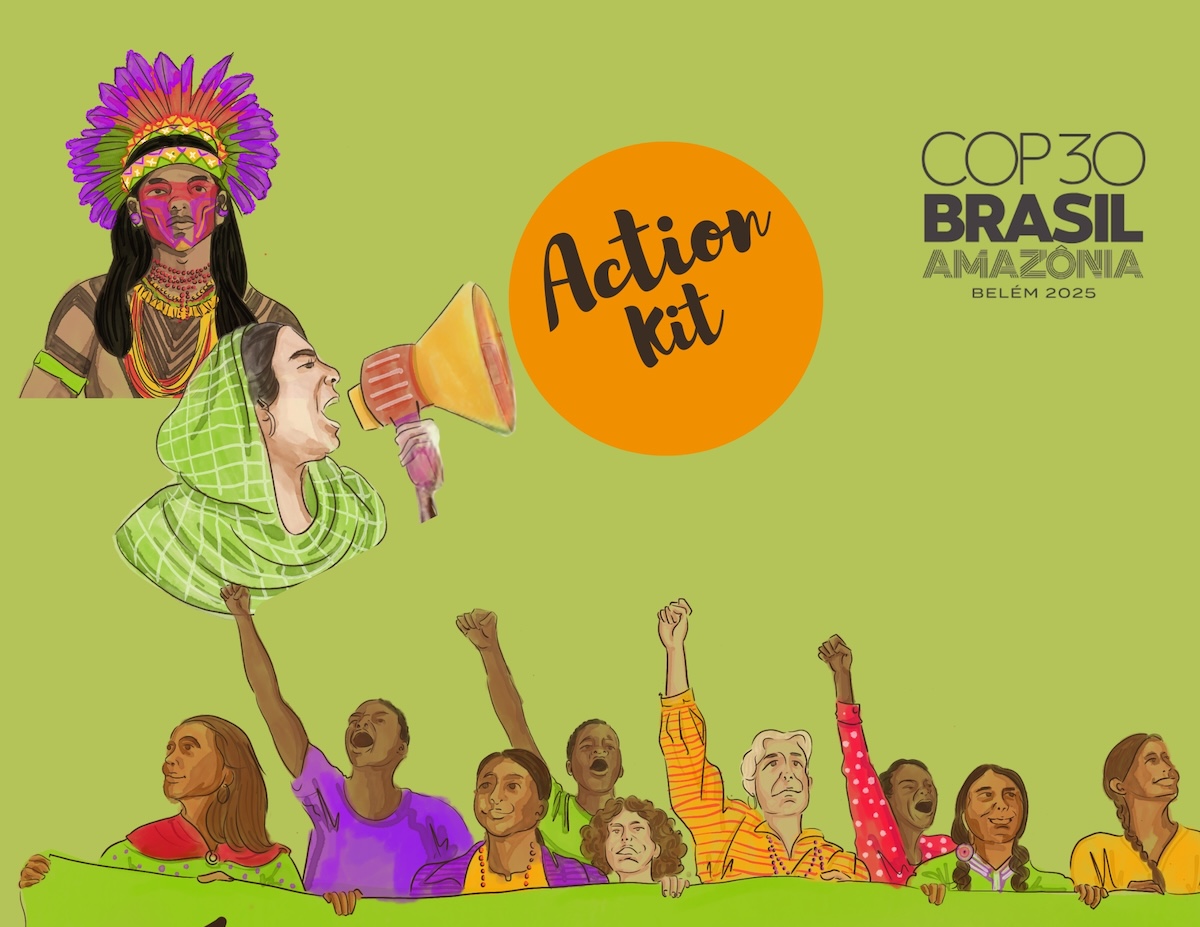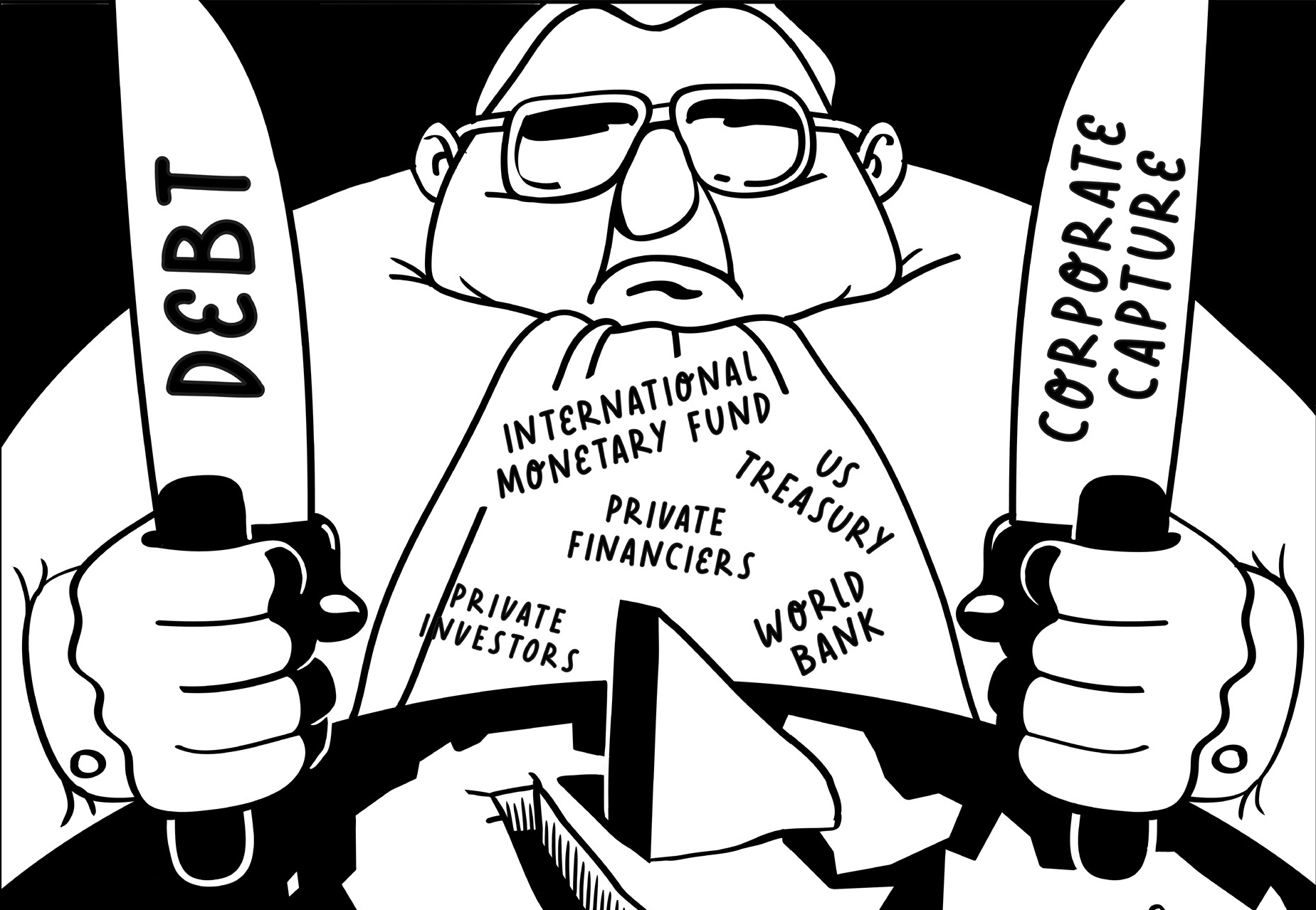This advocacy briefing is grounded in the mutual exchange among ESCR-Net members, particularly facilitated through the Working Group on Environment and ESCR. Drawing on years of analysis focused on the realities of climate injustices and the intricate relationship between loss and damage and human rights, it emphasizes the importance of asserting accountability and justice. Amidst the three planetary crises of climate change, biodiversity loss, and pollution, it is evident that meaningful climate actions, or their absence, significantly impact human rights and the well-being of communities.
Charting a Path Towards COP28 and Beyond
Responding to the question, “What do we want from COP28 and beyond?” ESCR-Net members underscored key points that shape the advocacy focus on averting, minimizing, and addressing loss and damage. The following priorities emerged:
- Promote community-led approaches and solutions: The direct and effective participation of grassroots movements and organizations is imperative to shape and promote meaningful solutions and approaches led by communities disproportionately impacted by loss and damage.
- Loss and damage fund grounded on human rights: Developed countries must cease human rights violations in mitigation and adaptation projects, ensuring the continuation of fair contributions to all developing countries at the necessary funding scale based on the principle of Common But Differentiated Responsibilities and Respective Capabilities (CBDR-RC).
- Private sector out of the loss and damage fund: The private sector, including the World Bank and other International Financial Institutions (IFIs), must be excluded from the loss and damage fund to realize a non-debt-creating finance flow.
- Stop illegitimate debt and bankruptcy of the Global South countries: Addressing historical accountability and realizing fiscal, tax, and debt justice require developed countries to cancel illegitimate and unsustainable debts, prioritizing human rights obligations and ecosystem protection in lending policies and safeguards.
- Protect environmental, land, and human rights defenders: Given the worsening global crises and the urgency to address loss and damage, it is vital for countries to take all necessary measures to protect environmental, land, and human rights defenders.
- Reject commodification of nature: To prevent and address loss and damage, countries must halt the continuous commodification of lands, oceans, and natural resources.
- Legally binding instruments on business and human rights: The urgency of climate crises necessitates legally binding instruments to hold polluters and businesses accountable for their environmental impact and respect for human rights.
- Remedy and reparation grounded on accountability and justice: Remedy and reparation must include meaningful and effective participation of affected communities in all design and implementation of measures, including restoring their identity and dignity grounded on historical accountability and justice.
- Provide culturally appropriate and accessible information for frontline communities: Countries must strengthen transparency and accountability, providing information on climate-related issues that are culturally appropriate and accessible to frontline communities directly and disproportionately impacted by the climate crisis.



